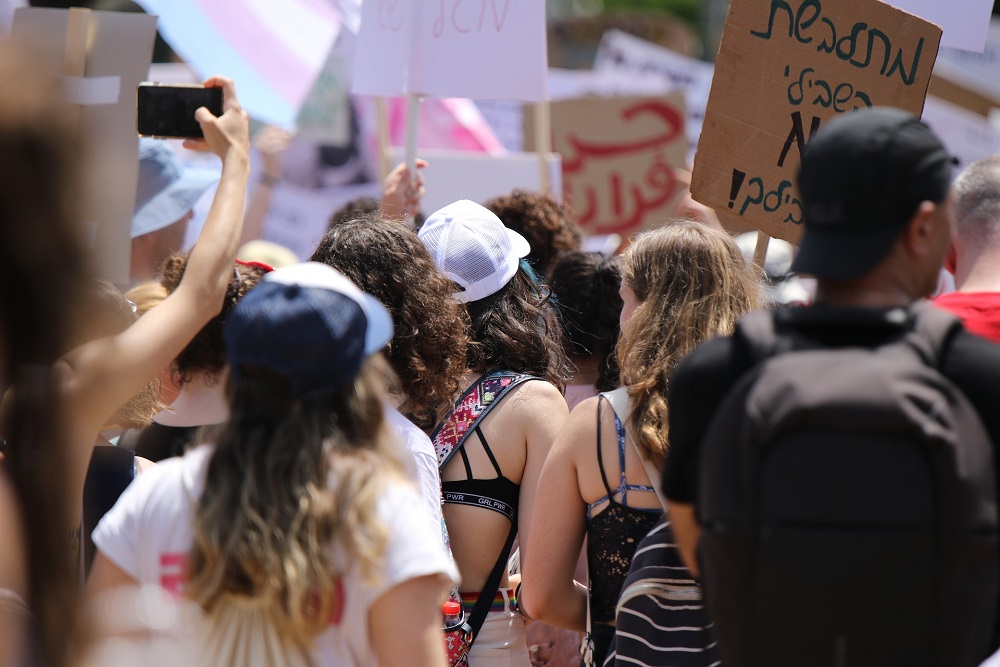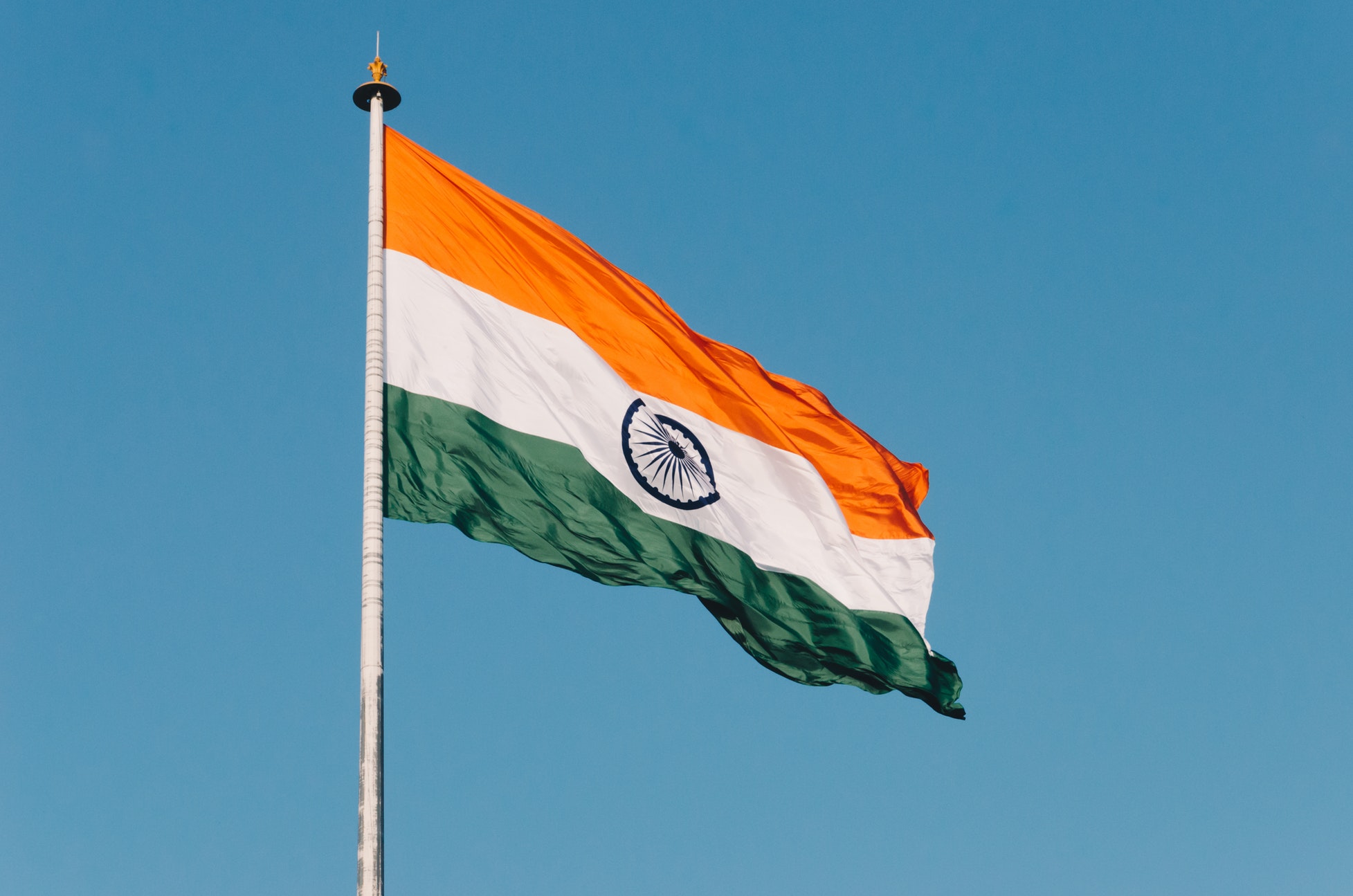Severe protests are taking place in the Papua region, as students denounce mistreatment practices in schools and serious cases of discrimination.
The protest began after a group of students was arrested on 17 August, and were subject to abuse based on racist discrimination from officers. Following this arrest, a large number of students and members of society started gathering on the streets.
Unfortunately, this was not a peaceful protest, as, between 19 and 22 August, protestors started torching buildings and interrupting the daily activities of cities all across eastern Papua.
Protestors managed to take over a prison in Sorong, which led to the escape of more than two hundred (250) prisoners.
In response to the severity of the situation, the authorities have decided to block access to the Internet for the whole region. The main idea behind this decision was to stop possible escalations as a result of more racist publications online.
Student protests a way of being heard
Student protests have become the last resort against the practices of oppressive governments. Violent school protests like the ones in Indonesia and Hong Kong are becoming a way for students and sympathetic citizens to express their discontent.
Indonesia students were forced to become violent after months and years of unfair treatment and misconduct on the part of the authorities and educational institutions.
According to authorities, the arrests of several students in Papua were caused by their disrespecting the Indonesian flag.
However, the students disagreed with these accusations and decided to go to the streets and show their support for their peers.
In order to dissipate the tension, Indonesia President Joko Widodo announced that he will be organizing a meeting between religious and business representatives of the community.
60 years of discrimination
Papua, which is divided into two provinces, Papua and West Papua, was made an integral part of Indonesia with the recognition by the United Nations.
The former Dutch colony initially declared independence in 1961 and its annexation by Indonesia in 1969 was controversial.
The referendum which was held and overseen by the United Nations was thought to be “rigged” as only about 1,000 people were allowed to vote, which makes the result invalid.
A low-level separatist movement for independence for Papuans continues to this day.
The recent unrest was sparked by nationalist groups surrounding a boarding house of Papuan students and goading with racist words of “monkeys”, “pigs” and “dogs”.
The exiled West Papua leader, Benny Wenda, told the BBC the treatment of the Papuan students was “just one example of what we have experienced daily for nearly 60 years”.







